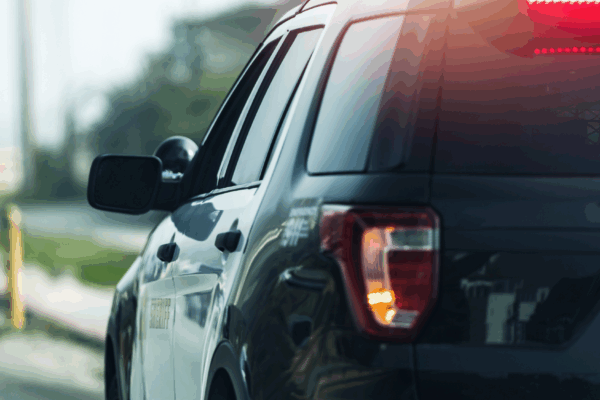Police Accountability
The ACLU of Massachusetts seeks to create police departments that work collaboratively with all of the communities they serve through increased transparency, accountability, and fairness.

We rely on police to uphold public safety, but we also entrust police with extraordinary authority, including the powers to use deadly force and to decide who gets stopped, searched, arrested, and funneled into the criminal legal system. This great power must be balanced by accountability and transparency.
The ACLU relies on various strategies to challenge a broad range of unjust police practices – including litigation to defend the right to record police in the performance of their public duties, as well as policy advocacy to win broader measures to hold public officials accountable.
The Latest

Final settlement reached in lawsuit against Hampden County Sheriff for the death of Madelyn Linsenmeir

ACLU of Massachusetts statement on US Department of Justice report in Worcester investigation

ACLU of Massachusetts calls for urgent federal investigation into violent death of State Police recruit, allegations of abuse

Wrongful death lawsuit against Boston, four police officers can now proceed to trial
Cases, Campaigns & Legislation
Okosi v. Roby
ACLU of Massachusetts v. Executive Office of Public Safety and Security et al.
Stay Informed
Sign up to be the first to hear about how to take action.
By completing this form, I agree to receive occasional emails per the terms of the ACLU’s privacy statement.
By completing this form, I agree to receive occasional emails per the terms of the ACLU’s privacy statement.
